

Fallout 4's Commonwealth isn't the most miserable, unwelcoming setting for a video game, but it's still darn unpleasant and hostile. Some survivors eke out a living and welcome your talents. Everyone else wants you dead.
As a quest-driven role-playing game, Fallout 4 is mostly familiar and straightforward, but that doesn't mean you can't use some help in starting off on the right foot. And whether you've played every game in the franchise or this is your first Fallout game (let alone your first Bethesda RPG), the Settlements feature will be new to everyone. Our tips will help you make the most of your first dozen hours in the Commonwealth.
The ubiquitous Fallout personal assistant is as helpful as ever.
It functions as an interactive in-game menu, addressing an array of practical needs such as equipping weapons and apparel.
The Map not only lets you set a custom waypoint, it's also the section that grants you fast travel.
This iteration of the Pip-Boy is fairly simple and intuitive, though be sure to take advantage of its less obvious features, like the sorting option in the Inventory section. You can reorganize items by weight if you'd like to lighten your load efficiently, and you can sort weapons and armor by their damage ratings.
The Pip-Boy doesn't classify or sort quests based on main missions and optional ones, but the Stats section does keep track of the different quest categories as you complete them.

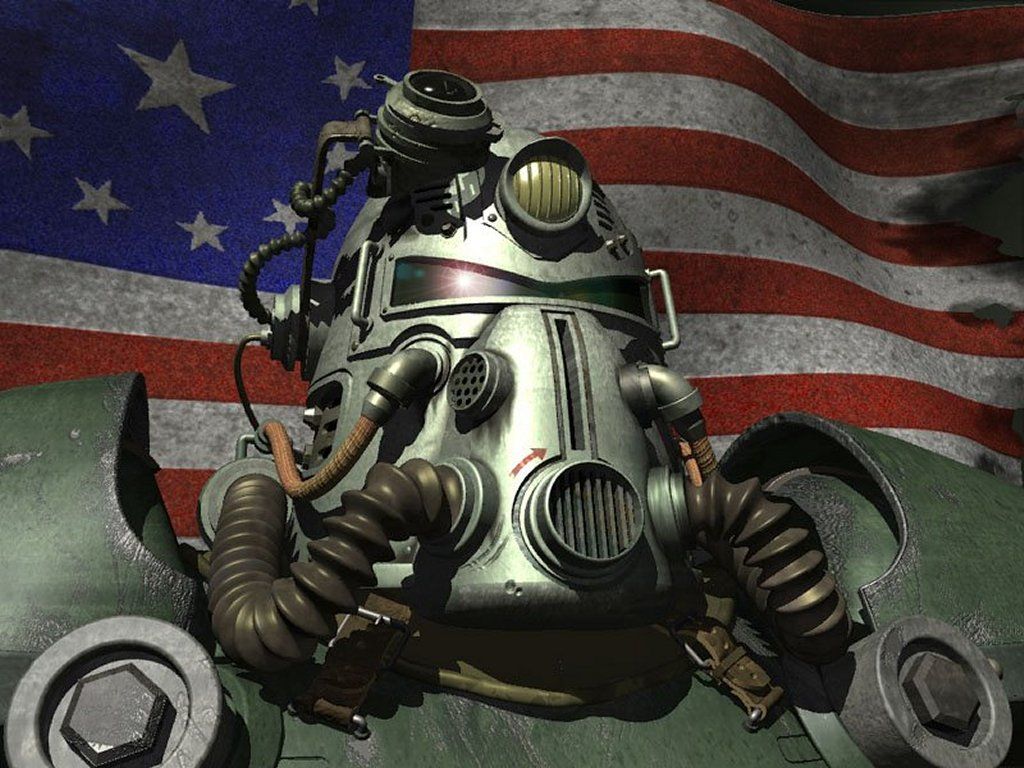
Inspired by the body targeting feature in the original Fallout, the Vault-Tec Assisted Targeting System offers an immense advantage in battle. Provided you're good at managing your Action Points (AP), VATS allows you to pick body parts on your enemies for selective targeting. VATS is doubly helpful in giving you hit percentage readouts of each arm, leg and the head. The higher the percentage, the more likely you'll score a hit. You'll see a vastly different set of numbers when you use VATS against an enemy who is partially hidden in cover versus an enemy who is standing at point-blank range.
Whereas the previous games let you freeze time, VATS in Fallout 4 only slows it down. It offers enemies a very slim chance at hitting you while you're in VATS mode.
Fallout 4 is as much about resource gathering as it is about killing enemies and completing quests. From a fallen Raider's wardrobe to a dilapidated manager's office in a supermarket, items are everywhere. Investigate every drawer and open every fridge; you'll never know what you might find.
The value of some goods isn't apparent at initial glance. To take a page from the Skyrim playbook, don't be afraid to be a hoarder. Sanctuary Hills is a safe area to drop off your stuff in one place; it's not as if you have to worry about leaving your belongings unattended. Expect to drop off items on a regular basis given that you can only carry so many items at a time. When are over capacity, you can use the Pip-Boy's sorting options to prioritize items by value or weight, and drop the least important goods. Once you've unloaded your current haul, you can come back for the things you couldn't carry. You can also forget about them if the items are common enough to possibly find in future quests.
Brooms, toasters and refrigerators had their usefulness before The Great War, and these objects can still serve a purpose even in the wasteland. You often have to scrap these items into their salvageable parts — by highlighting them in workshop mode — to make them useful, repurposing them into new items for a settlement or even a new weapon.
That said, don't go trigger-happy by scrapping every item that the Pip-Boy classifies as Junk. A gear can be reduced to mere steel, but a gear is also a crucial ingredient in making settlement defense weaponry. It doesn't hurt to take time and ponder your crafting and building plans before you commit to scrapping an item.
Settlement building is new to the Fallout series, and you can help allies regain some semblance of civilization.
You can first practice this by using the workbench in Sanctuary Hills, the cul-de-sac where you lived a happier life centuries ago. Once you access it, begin by exploring the nearby ruins of your old neighborhood and start turning every damaged and useless item into scrap.
Scrapable items range from a 200-year-old couch to an entire collapsed house. If it can be turned into scrap, it will be highlighted when you center it on your screen while you're in workshop mode. As you move around town dismantling things, the workbench menu will remain at the bottom of your screen should you be ready to build structures, generators, food supplies, etc. — provided you have all the parts needed to build your desired object.
Being a master settler isn't necessary in Fallout 4, but learning the basics is a requirement to completing a number of optional faction quests. Furthermore, planting crops, building beds and undertaking other construction tasks is an easy way to earn experience.
Even if settlement-building isn't your bag, scrapping items for resources still has immense value, especially in weapon crafting.
Crafting gives renewed life to otherwise obsolete weapons, and some of the best weapons you can have in Fallout 4 are the ones you create yourself. Of course, you'll need to have the right parts to create specific add-ons to a gun. The good news is that the craft menu — accessible at any weapons workbench — clearly states the required ingredients as well as the various mod possibilities for a given weapon.
On a side note, it should please some Fallout fans that there isn't any degradation with weapons and apparel in Fallout 4.
It wouldn't be a Fallout game without power armor. Getting your first set in Fallout 4 takes little time, given that powering one up is an objective in one of the earlier quests.
To ensure that your enemies continue to have a fighting chance, the power armor's energy is finite, requiring you to hunt for fusion cores, the power armor's fuel. If you find yourself running out of power often, you might want to consider leaving your power armor in your settlement of choice, to be used only in main story quests and very intense combat situations. Another reason to collect items is that specific objects can be scrapped into parts to repair your power armor.
From our experience, general exploration and the constant engagement of quests keep stats high enough that you don't need to depend on power armor.
Advising you to use fast travel often is as sensible as advising you to save often. In Fallout 4, it's an immense time saver in more ways than one. Not only does it speed up the time it takes to turn in quests, but it also helps you haul and salvage vast quantities of loot from the battlefield with great efficiency.
Just pick up as much as you can, fast-travel to a settlement and salvage your goods as you see fit. If you'd rather travel between points on foot to level up from encounters, you're welcome to. In our experience, using fast travel liberally did not leave us under-leveled for key combat encounters.
Using fast travel is highly advisable when moving your power armor from location to location, too.
Aside from lockpicking, hacking terminals is one of the most common minigames in Fallout 4. The objective is to find the correct password within a screen's worth of jumbled code.
Ignore all the numbers and symbols and focus on the various words scattered around the screen. Once you select a word, the terminal will tell you whether you found the right word or if you found one with some letters that match the correct password.
For instance, if the password is "MOLE" and you select "MAKE," the terminal will respond with "Likeness=2," because both words share two of the same letters. Note that the likeness is not only based on similar letters but also the placement of the letters in the respective words. So even if the word "EARS" has an 'E' like "MOLE," the terminal will respond with "Likeness=0".
This wasteland isn't short of food items, but the quality spectrum is as wide as the Commonwealth.
If it isn't (or wasn't once) human, there's a good chance you can eat it. If you want to eat humans, simply unlock the Cannibal perk. It's just a matter of how much radiation you want with your fries. This is where the cooking stations come in.
These stations also serve as a reminder that just because some food and drink items might be unhealthy on their own doesn't mean they can't be salvaged or purified. So go ahead and pick up that dirty water from the last gunfight. If you can't find a cooking station, you can easily build one in any secure settlement.
Fallout 4's game installation video provides thorough descriptions on the benefits of enhancing your seven traits, but if you'd like to get into specifics, consult the perk chart in the Pip-Boy, under Stat. This chart is handy since it shows both locked and unlocked perks, allowing you to plan your progression in advance. As you improve traits in the top row, you'll be able to access the more useful perks further down the columns. Note that you don't have to unlock perks in order from top to bottom.
Our advice is to take your time in reading about every perk, especially when it often requires the enhancement of multiple traits to cater to one's play style. If you're fond of ranged weaponry, you should improve strength, perception and agility, given that all three categories have relevant perks. On the other hand, you can focus on endurance if you absolutely hate dealing with all the radiation in the food, air and water. If you prioritize defense over offense in battle, you're better off as a well-rounded adventurer, since all the traits feature at least one perk that enhances defense. And if you want to be skilled in advanced level locks and terminals, improving perception and intelligence will grant you the perks for lockpicking and hacking.


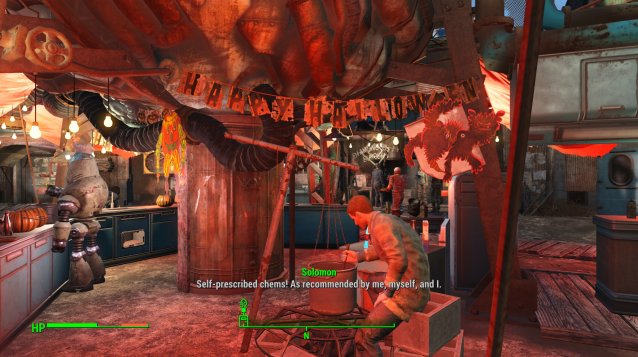

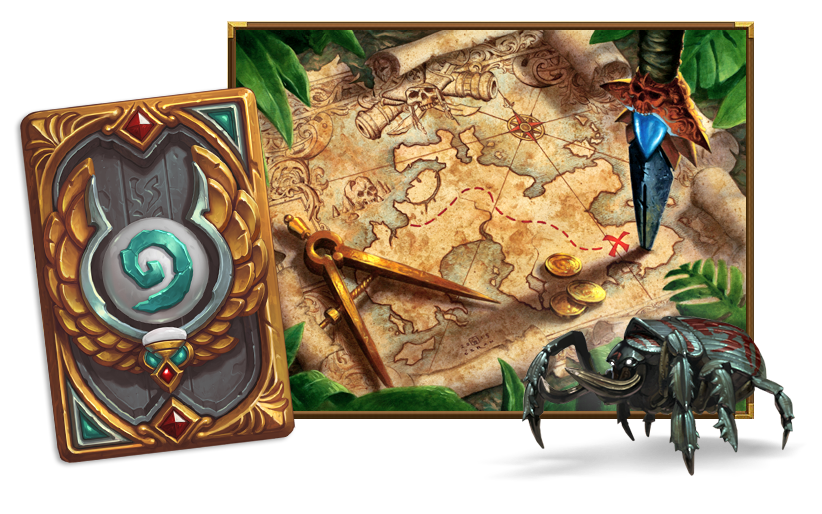 Hearthstone League of Explorers Heroic Guide: Skelesaurus Hex, Steel Sentinel, Arch-Thief Rafaam
Hearthstone League of Explorers Heroic Guide: Skelesaurus Hex, Steel Sentinel, Arch-Thief Rafaam Adrián Ramos dominates FIFA 15 Top 20 Goal Scorers (UTM)
Adrián Ramos dominates FIFA 15 Top 20 Goal Scorers (UTM) Daylight Wiki – Everything you need to know about the game .
Daylight Wiki – Everything you need to know about the game .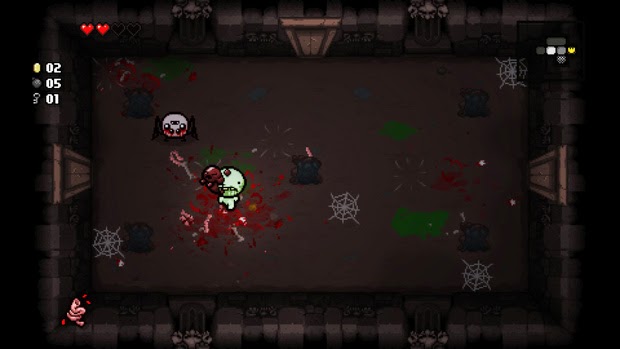 The Binding of Isaac - Rebirth (PC) useful tips
The Binding of Isaac - Rebirth (PC) useful tips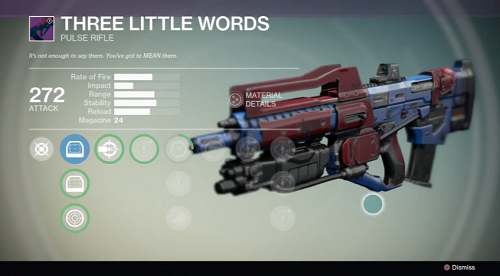 How to get Destiny Three Little Words Legendary Pulse Rifle, The Dark Below Primary Weapon
How to get Destiny Three Little Words Legendary Pulse Rifle, The Dark Below Primary Weapon